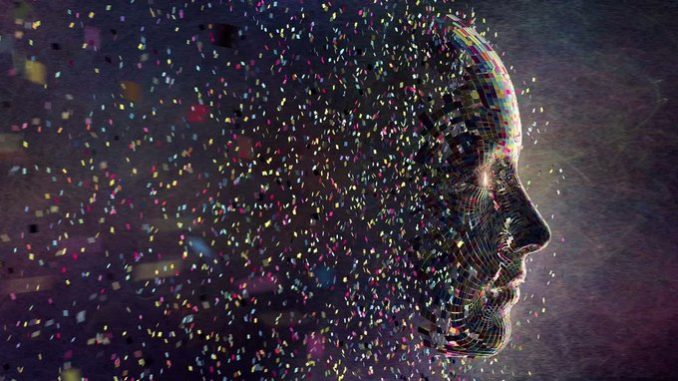
Machine learning relies on data to make predictions. Data is just information, and information can be stored in almost any medium and be called a “dataset.” Datasets are great sources of information, but they are not always reliable.
That’s where artificial intelligence comes in. AI is based on learning and making predictions. It’s what makes self-driving cars so safe, Google search so accurate and even the stock market so profitable. When AI is used with machine learning, they work together to create algorithms that can make predictions from data.
However, this can backfire if the data is unreliable or inaccurate. With unreliable data, AI algorithms may make mistakes or not produce the right results. For example, a spam filter that’s not built to handle fake emails may flag legitimate emails as spam. With inaccurate data, AI algorithms might not understand the meaning of the information and make incorrect predictions. For example, an AI-enabled translation tool that doesn’t understand the meaning of a phrase can create the wrong translation.
As the availability of data increases and algorithms become more accurate, AI can make the difference between successful products and those that fail. But a new threat can make AI algorithms produce incorrect results or produce biased results. It’s called poisoned AI.
